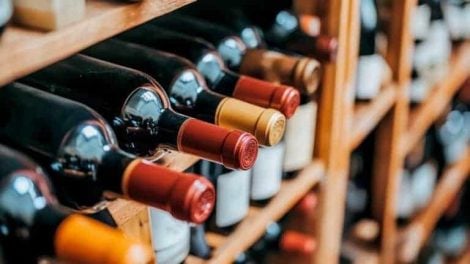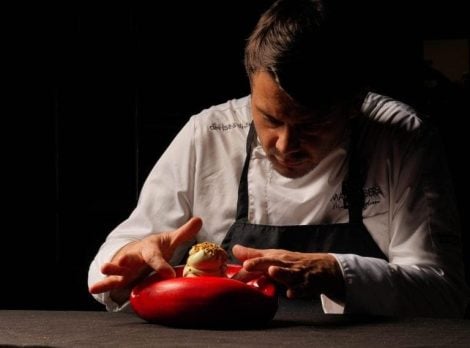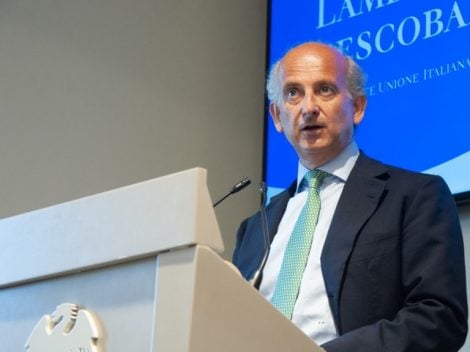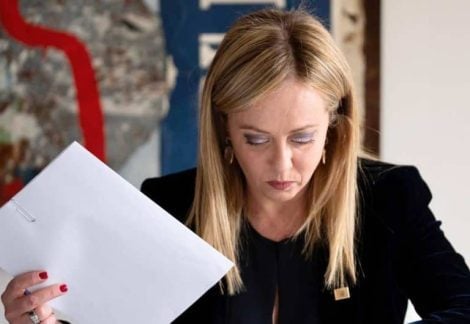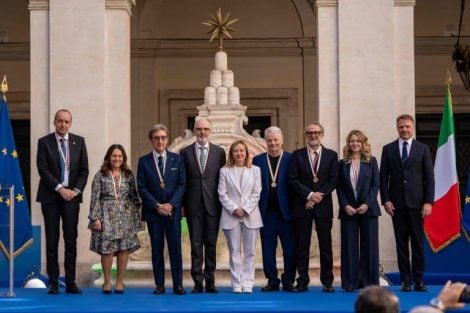In the mountains, it snows less and less, and artificial snow, besides having a significant environmental impact, doesn't always suffice to attract tourists. How does this situation affect restaurants near ski resorts? "The undeniable fact is that the lack of snow has a negative impact on earnings," says Raffele Trilli of the Chichibio restaurant in Roccaraso, in the province of L'Aquila. "We hope that the winter season will extend for another two months, somewhat like what happened last year when the snow eventually arrived. But hope alone does little. Fortunately, we have a type of offering that appeals not only to 'snow tourists.'"
Creative Cuisine
Tricchi, thanks to training with professionals such as Valeria Piccini, Mauro Uliassi, and Niko Romito, has learned the technique and refined creative thinking. This allows him to propose a type of cuisine linked to the territory (without being a prisoner of it) but detached from the stereotype of typical mountain cuisine: no Abruzzese married polenta, but a green light to mushroom tortelli with guinea fowl ragù or risotto with hare and cherry must. "Our business is open year-round, and we don't rely solely on tourism during this period."
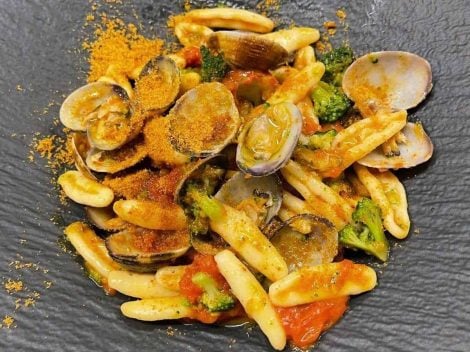
Artificial snow is not the solution
Tourism that resists "thanks" to snowmaking facilities: "Here, there is a state-of-the-art facility that shoots artificial snow even above freezing, but the landscape all around is not wintry; it is mostly autumnal." Moreover, artificial snowmaking has a significant impact on water and soil consumption in often delicate areas. It is an expensive practice that often relies on public funds, as reported by Legambiente in the "Nevediversa 2024" dossier: "Costs and consumption increase to artificially snow over 5,000 km of ski slopes, and the Ministry of Tourism allocates 148 million to finance lift systems compared to the 4 million made available for promoting ecotourism. A change of pace and a decisive political will are needed to truly focus on sustainable tourism, starting with mountain tourism." This perspective is supported by Trilli, who hopes for another form of tourism. "80% of Roccaraso's commerce is based on snow tourism, and when significant numbers are lacking, both the small grocery store and the more structured hotel suffer. The climate has changed, and we should play ahead (here in Abruzzo, we are already late) by focusing on another type of tourism related to other sports."
The Situation in the Alps
And if the worst data is recorded for the Apennines – according to the CIMA Foundation, the national Snow Water Equivalent deficit is -64% in February, with peaks of -85% for the central Apennines – the Alps, crucial for the water supply of the Po Basin, are not faring any better. "Skiing continues here, but on artificial snow," explains Dario Menaglio of La Bajona tavern in the center of Bormio. "The November snowfalls, which served as the 'base' for other snowfalls, are missing; the situation is worrying. This year we managed the winter season, absurdly having more customers than last year because, dissuaded by the little snow, they preferred to stay in the village rather than go up to the slopes, but who knows how it will go next year. The only certainty is that the winter season is getting shorter and shorter, leaving space for the cycling season earlier."
Changing Tastes
Another undeniable trend is the preference of customers for lighter dishes: "Having a diversified offering, I have noticed that compared to previous years, people order fewer typical dishes in favor of seafood-based dishes," with the sea more than three hundred kilometers away. But this is (will be) another story.
A trend towards lightness intercepted only partially (oenologically) by the owner of Trattoria Vecchia Combo, a little higher up, overlooking the ski slopes: "Customers are there - of course, it's easy to fill my small restaurant - and they continue to eat typical mountain cuisine. What has perhaps changed is that, once upon a time, with pizzoccheri, they would order a red from Valtellina, now they prefer a white or even sparkling wine." Times and weather change, and so do tastes.

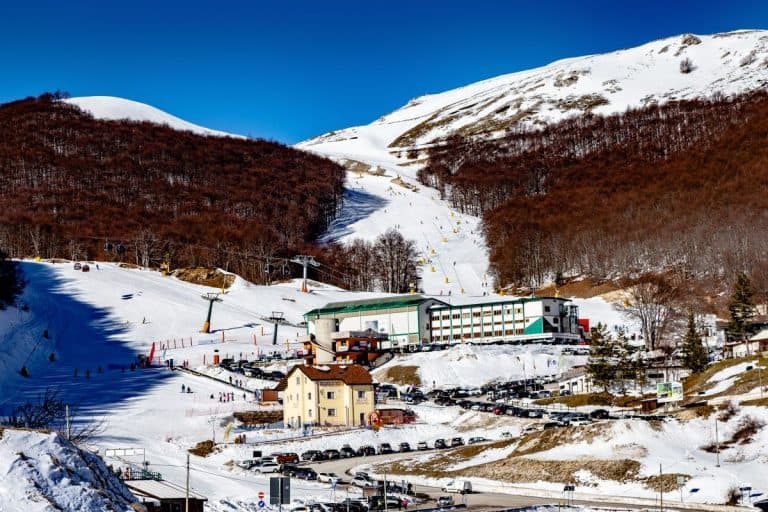
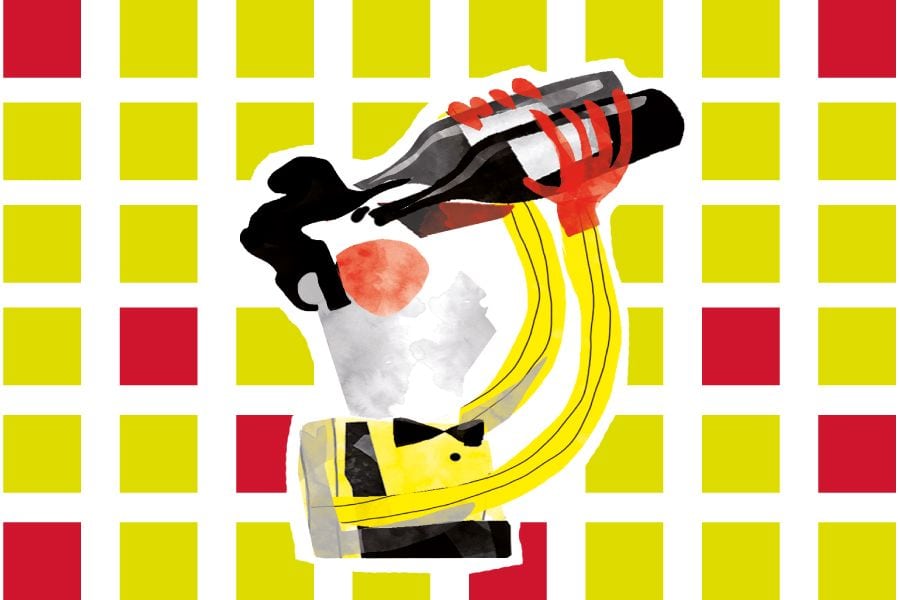 For the first time, Vini Rari arrive at Vinitaly 2025. Here's what they are
For the first time, Vini Rari arrive at Vinitaly 2025. Here's what they are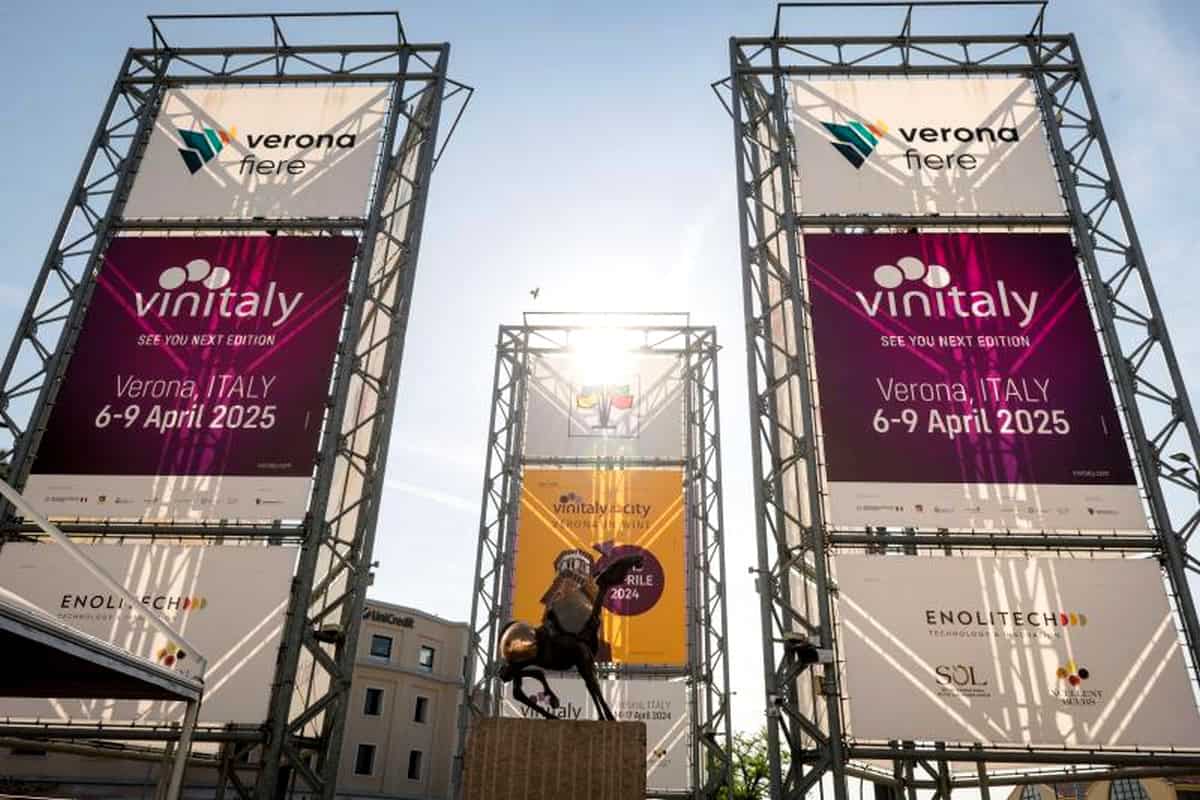 Here are all the events to watch out for at Vinitaly 2025
Here are all the events to watch out for at Vinitaly 2025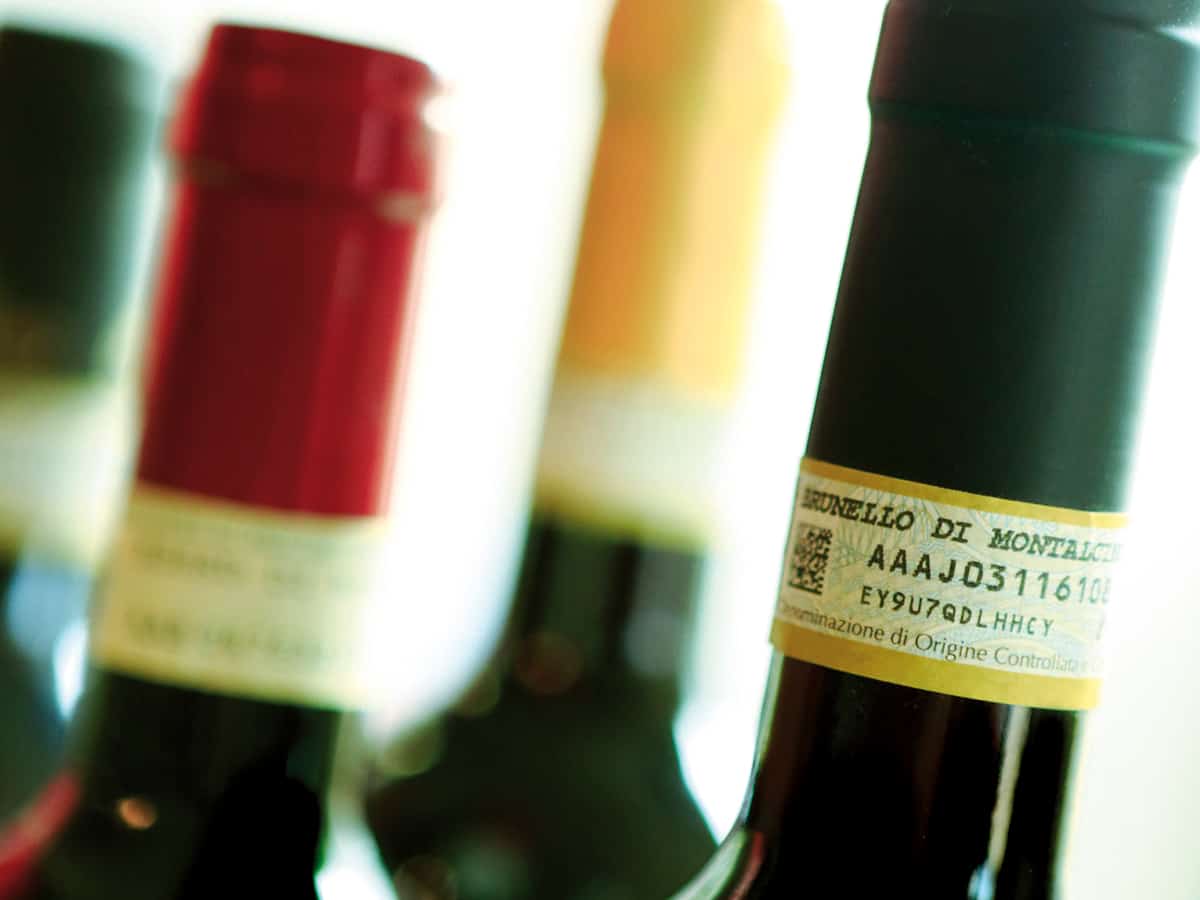 The tricolour arrives on DOC and DOCG wines. Lollobrigida: "This is how we promote Italian identity"
The tricolour arrives on DOC and DOCG wines. Lollobrigida: "This is how we promote Italian identity"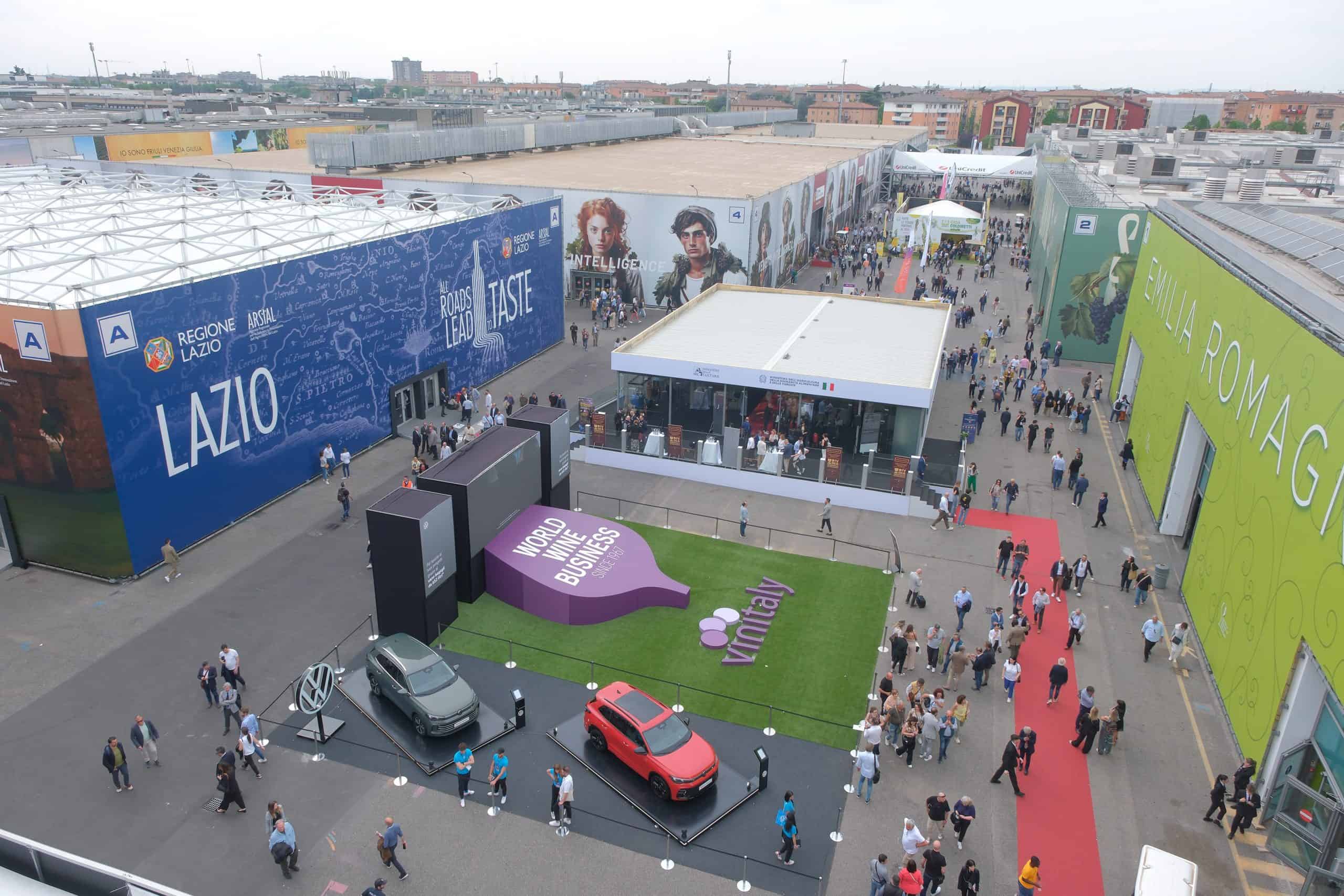 Ten tastings not to miss at Vinitaly 2025: from “new” Barolos to vegan wines, Chianti Classico to skin-contact wines
Ten tastings not to miss at Vinitaly 2025: from “new” Barolos to vegan wines, Chianti Classico to skin-contact wines Farewell cacio e pepe in New York. "With tariffs, Pecorino Romano will also become more expensive." The warning from Giuseppe Di Martino
Farewell cacio e pepe in New York. "With tariffs, Pecorino Romano will also become more expensive." The warning from Giuseppe Di Martino
